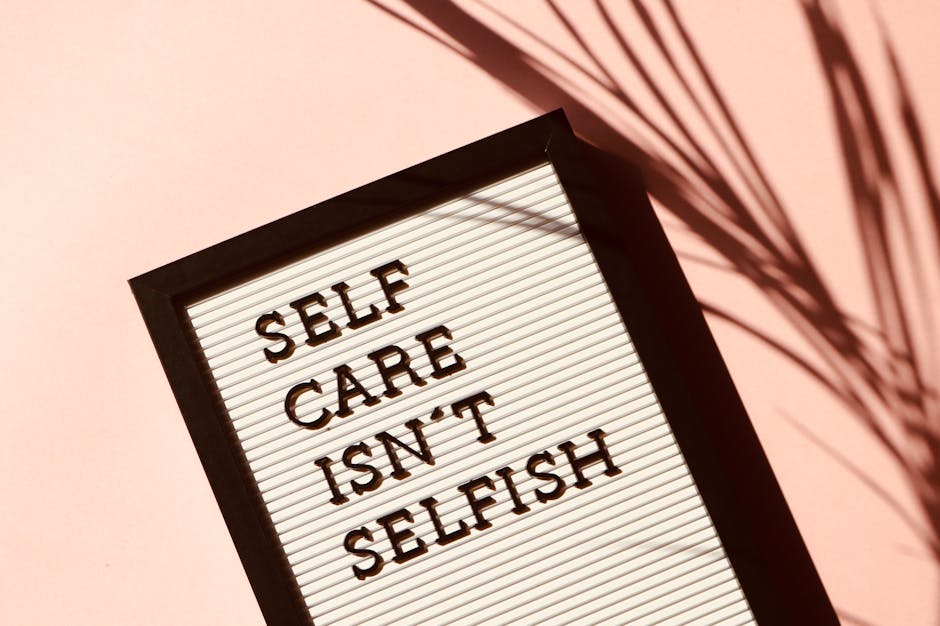
Migraine Self-Care: Empowering Yourself for Better Management
Benefits of Migraine Self-Care:
1. Empowerment: Engaging in self-care empowers individuals to take an active role in managing their condition. By understanding triggers, recognizing warning signs, and implementing appropriate lifestyle changes, you can regain a sense of control over your migraines.
2. Personalized Approach: Each person's experience with migraines is unique, making individualized self-care crucial. Self-care allows you to tailor strategies that best suit your needs and preferences, ensuring a more effective management plan.
3. Reduced Reliance on Medications: While medications play a vital role in migraine treatment, excessive reliance on them may lead to medication-overuse headaches or potential side effects. Self-care techniques can help minimize the need for medication or complement its effects, leading to a healthier approach to migraine management.
Effective Migraine Self-Care Practices:
1. Identify Triggers: Keeping a detailed migraine diary can help identify potential triggers such as certain foods, hormonal changes, stressors, or environmental factors like bright lights or strong smells. Once identified, you can take steps to avoid or minimize exposure to these triggers.
2. Adopt a Healthy Lifestyle: Regular exercise, sufficient sleep, and maintaining a well-balanced diet are fundamental aspects of self-care that contribute to overall well-being and migraine management. Avoiding excessive caffeine, alcohol consumption, and smoking can also reduce the frequency and severity of migraines.
3. Stress Management Techniques: Stress is a common trigger for migraines. Incorporating stress reduction techniques into your daily routine, such as deep breathing exercises, meditation, yoga, or engaging in hobbies you enjoy, can help alleviate migraine symptoms.
4. Establish Regular Sleep Patterns: Maintaining consistent sleep patterns by going to bed and waking up at the same time each day can improve the quality and quantity of your sleep. Sufficient rest is crucial in minimizing migraines.
Pros of Migraine Self-Care:
1. Cost-Effective: Emphasizing self-care techniques reduces the need for expensive medications, doctor visits, or emergency room visits, potentially saving you money in the long run.
2. Independence: Self-care allows individuals to take charge of their own health and well-being. By implementing targeted strategies and lifestyle adjustments, you can actively participate in managing your migraines without relying solely on healthcare providers.
Cons of Migraine Self-Care:
1. Trial and Error: Identifying effective self-care techniques often involves trial and error. What works for one person may not work for another. It requires patience and perseverance to find the right combination of strategies that effectively manage your migraines.
2. Severity of Condition: In some cases, self-care practices may not be sufficient to manage severe migraines. If your condition worsens or becomes unmanageable despite your efforts, it is essential to consult a healthcare professional promptly.
Migraine self-care provides individuals with a proactive approach to managing their condition and regaining control over their lives. By identifying triggers, adopting healthy habits, managing stress, and establishing consistent sleep patterns, you can significantly reduce the frequency and intensity of your migraines. Though it may involve some trial and error, the benefits of self-care far outweigh the potential cons. Remember, the key is personalization – finding what works best for you as an individual. Empower yourself with knowledge and take charge of your migraine management through self-care practices.
